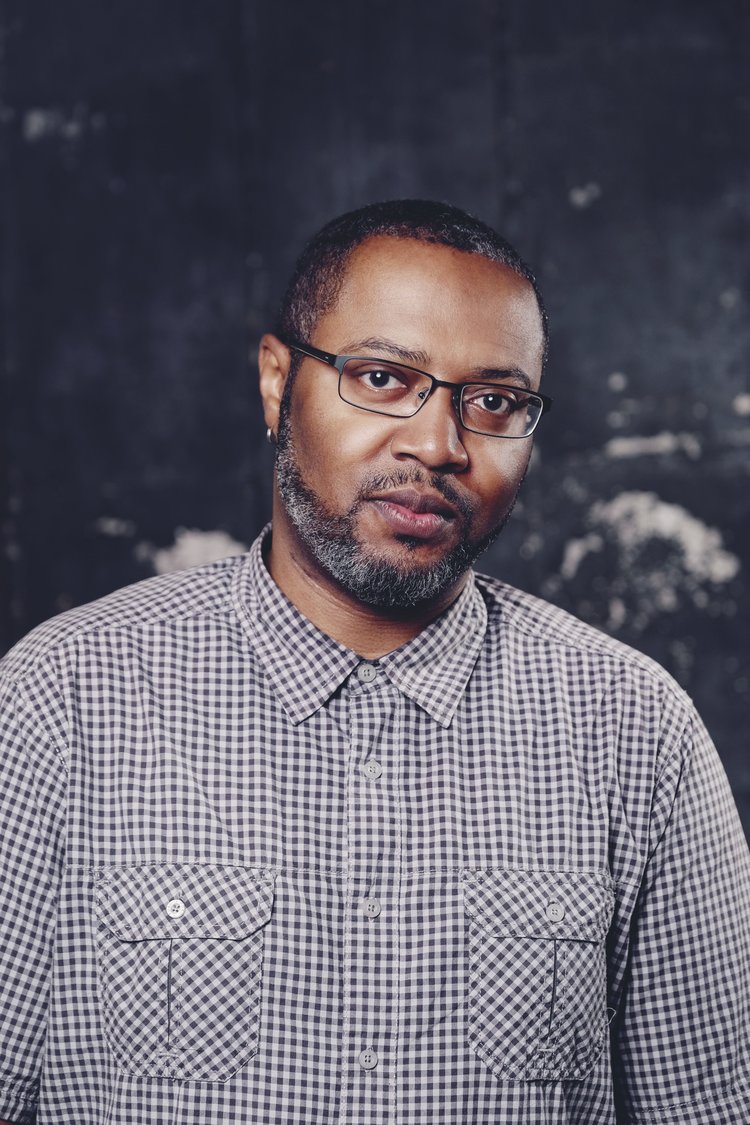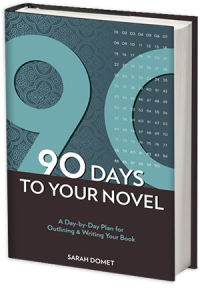Come meet poet Mitchell L.H. Douglas …
 Mitchell L. H. Douglas is the author of dying in the scarecrow’s arms, blak al-fə bet, winner of the Persea Books Lexi Rudnitsky/Editor’s Choice Award, and Cooling Board: A Long-Playing Poem, an NAACP Image Award and Hurston/Wright Legacy Award nominee. His poetry has appeared in Callaloo, The Ringing Ear: Black Poets Lean South (University of Georgia Press), The BreakBeat Poets: New American Poetry in the Age of Hip-Hop (Haymarket Books), Crab Orchard Review, and Ninth Letter,among others. He is a cofounder of the Affrilachian Poets, a Cave Canem graduate, and Associate Professor of English at IUPUI.
Mitchell L. H. Douglas is the author of dying in the scarecrow’s arms, blak al-fə bet, winner of the Persea Books Lexi Rudnitsky/Editor’s Choice Award, and Cooling Board: A Long-Playing Poem, an NAACP Image Award and Hurston/Wright Legacy Award nominee. His poetry has appeared in Callaloo, The Ringing Ear: Black Poets Lean South (University of Georgia Press), The BreakBeat Poets: New American Poetry in the Age of Hip-Hop (Haymarket Books), Crab Orchard Review, and Ninth Letter,among others. He is a cofounder of the Affrilachian Poets, a Cave Canem graduate, and Associate Professor of English at IUPUI.
Mitchell’s sessions for MWW19 include:
- Form as Freedom – Sestina or villanelle, poetry will never lose its fascination with form. In recent years, poets have evolved from experiments with traditional sonnets and ghazals to creating forms of their own. In this workshop, participants will examine new innovations in poetic form (including Ruth Ellen Kocher’s Gigan, Terrance Hayes’s Golden Shovel, and workshop leader Mitchell L. H. Douglas’s invention, the Fret) and discuss how a mode of writing typically linked to restraint can also provide freedom.
- Maps to Metaphor: Ekphrasis & the Outward Gesture– Metaphor is the sport of poets: the drawing of threads between seemingly disparate things that shows a reader just how cunning a writer can be. It’s also no easy feat. Ekphrastic poems, interpreting visual art in textual medium, is a natural way for poets to meet their greatest responsibilities. This workshop will employ works of art to craft poems that create original metaphors and connect your poems to the world outside the lines.
- Writing Beyond Your Experiences – Ashley Hope Pérez, moderator. As writers, we are always making a leap outside of our own experiences, but doing so responsibly is especially important when we are engaging in narrative with communities we aren’t part of. What are the dos and don’ts of creating a diverse world in your stories? How does this effort matter to the quality of your writing? (Mitchell L.H. Douglas, Cole Lavalais, Larry Sweazy)
- Line breaks (and a brief exercise to illustrate how effective breaks are made)
Lylanna Musselman, Midwest Writers Workshop board member, caught up with Mitchell and interviewed him for this Q&A.
MWW: Your new book of poems, dying in the scarecrow’s arms (Persea Books), is your third book of poetry. What is something you would like readers to take away from this collection?
MLHD: dying in the scarecrow’s arms is a book of hope. It’s about having the determination to survive in the face of violence, knowing our worth, and wanting more: love, understanding-respect. The poems are explorations of these universal needs.
MWW: People are often intimidated by poetry (reading or writing), what would you say to someone who likes to write, but steers away from poetry?
MLHD: Being a good writer is about listening and observing. Be curious, go into the streets of your city and walk them like a tourist, like everything is new. Image is important to all imaginative writing, but it is particularly important to poetry. If you start with a strong image-something you witness that appeals to the senses-the rest will come naturally.
MWW: How did poetry become your genre of choice?
MLHD: I enjoyed writing short stories as a child, but I officially declared myself a poet in middle school. I was so taken by the political messages in the punk music I was listening to, I wanted to write songs with the same impact. Those song lyrics eventually morphed into poems.
MWW: As a cofounder of Affrilachian Poets, can you share a little about this group?
MLHD: We started as friends at the University of Kentucky and became a poetry family in 1991. Undergrads, graduate students, and a very popular professor new to UK (Nikky Finney) were among the first members. The name, which comes from cofounder and former Kentucky Poet Laureate Frank X Walker, speaks to the idea that people of color exist in Appalachia. Affrilachia, as we see it, is the 13-state region touched by the Appalachian Mountains: a special physical and spiritual space in the African Diaspora.
MWW: What are you working on now? Is there a new book in the works by chance?
MLHD: I have a few special things in the works that will surprise readers. I’m also superstitious, so I believe too much talking about what you’re working on is bad luck!
MWW: Finally, last question – when you’re not writing poetry what do you enjoy doing in your spare time?
MLHD: Listening to jazz (a lot of jazz), visiting museums, pretending to be a photographer, and making beats. I am constantly creating a soundtrack for my life.


